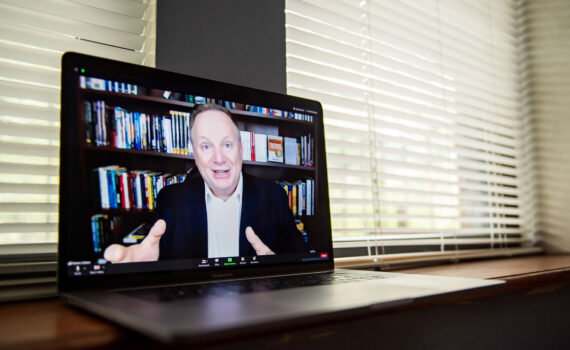
Nimble Workspace, Do You Have It?
Work from home (WFH) may not drastically change the manufacturing plant floor for some time but has it changed your office environment? Do you have a nimble workspace?
Over a year ago, people were talking about the new normal. What would it be, what will it look like? Then, the phrase new normal started to wear out. No one seemed to know what that meant, and everyone had an opinion.
Working from home may have meant new levels of productivity. It meant measurement by metric of accomplishment, more project oriented and less time clock watching.
Some liked it and embraced, others feared that people were getting paid for doing nothing.
Then there are the organizations that attempted to measure work by log-in time. Log-in by 8:00 AM and don’t log out until 5:00 PM. And, if your device times out or goes to sleep we’ll know you aren’t working.
On top of that there were organizations that instituted endless Zoom meetings. The idea was, schedule a Zoom meeting and then people have to work. Death by Zoom became unnecessarily popular.
What was your experience? Did it improve things or create a useless bunch of clutter in an attempt to prove contribution?
Nimble Workspace
In the winner’s circle were the businesses and organizations that appropriately managed the transition. Likely, many of these winners were already well on their way to management by objective (MBOs) and management by project instead of by time clock.
What the winners discovered was that productivity improved. The drama was less. Wasted energy was less. The best employees had an opportunity to focus and concentrate instead of being distracted by birthday cakes and flip-flop wearers.
On the flip-side, communication faced challenges and the extroverts who gain their energy from social interactions felt like something was missing.
Like many things in life, there is probably an element in the middle. A sweet spot as is often described.
Now management has a need for change. The way people supervise is different. Directing and leading require more skills, less clock watching.
Is there a new normal? What is different for your workspace from 2019?
Nimble workspaces are thriving with effectiveness and efficiency. They also have great managers.
-DEG
Dennis E. Gilbert is a business consultant, speaker (CSPTM), and culture expert. He is a five-time author and the founder of Appreciative Strategies, LLC. His business focuses on positive human performance improvement solutions through Appreciative Strategies®. Reach him through his website at Dennis-Gilbert.com or by calling +1 646.546.5553.
















